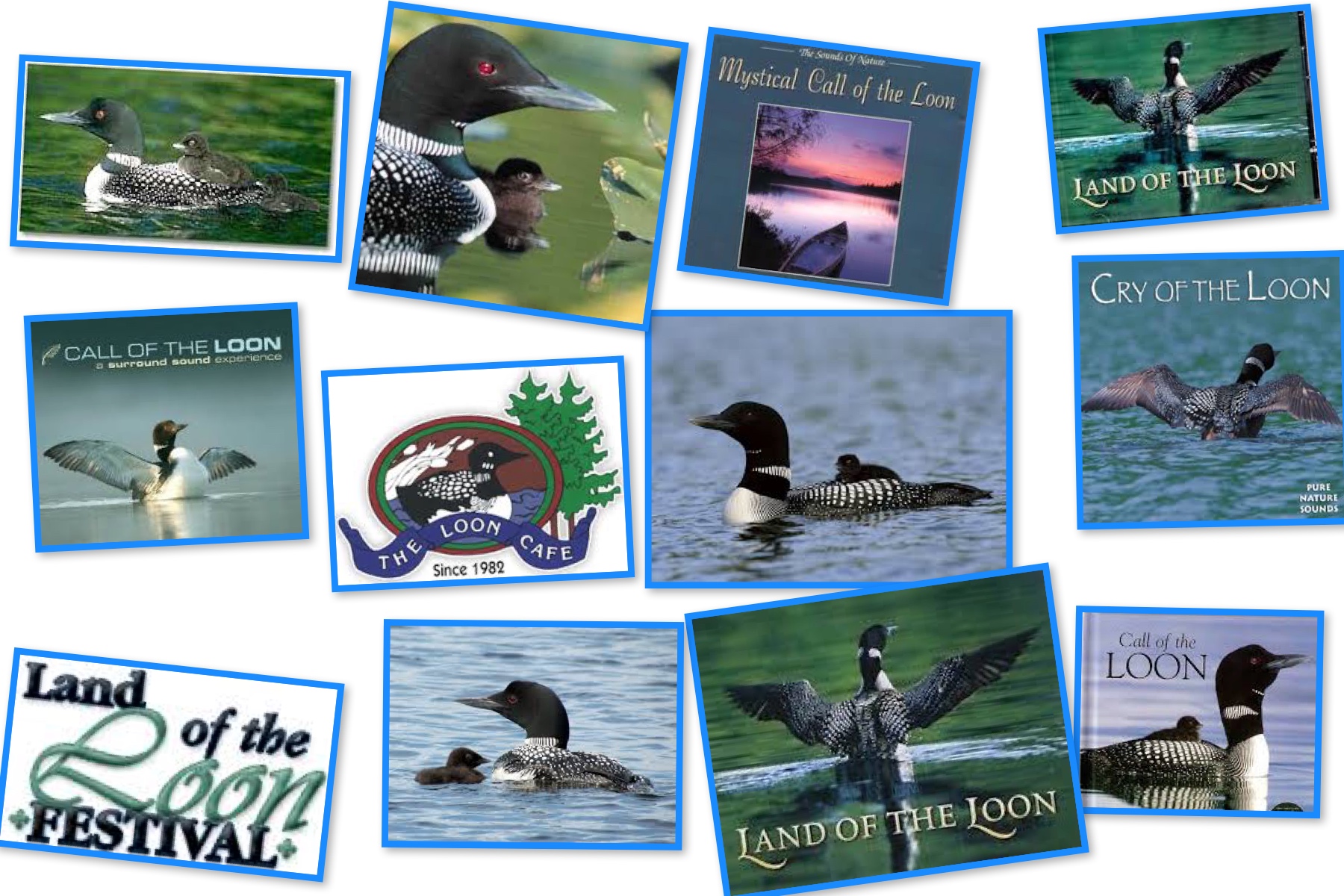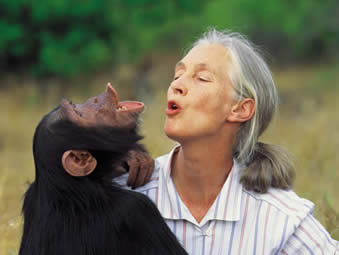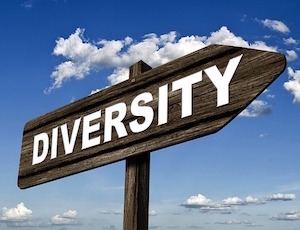
OUR CLAN ANIMAL our song
INSPIRATIONS
A human being is a part of the whole, called by us "Universe," a part limited in time and space. He experiences himself, his thoughts and feelings as something separated from the rest, a kind of optical delusion of his consciousness. This delusion is a kind of prison for us, restricting us to our personal desires and to affection for a few persons nearest to us. Our task must be to free ourselves from this prison by widening our circle of compassion to embrace all living creatures and the whole of nature in its beauty. Nobody is able to achieve this completely, but the striving for such achievement is in itself a part of the liberation and a foundation for inner security.
Albert Einstein (1879 - 1955) Mathematical Circles
---------------------
Pay attention, then you will know there are other options. It will actually be within your power to experience a crowded, hot, slow, consumer-hell type situation as not only meaningful, but sacred, on fire with the same force that made the stars: love, fellowship, the mystical oneness of all things deep down.
David Foster Wallace, Commencement Speech
---------------------
Love
alone can unite living beings so as to complete and fulfill
them... for it alone joins them by what is deepest in
themselves. All we need is to imagine our ability to love developing
until it embraces the totality of men and the earth."
~ Pierre Teilhard de Chardin
---------------------
"LOVE AND DO WHAT YOU WILL" St. Augustine
----------------------------------------------------------------------------------------------------------
Dass Guided Imagery
blogs for the week due by
11:59 PM the previous Sunday.
ETHICS GOALS
[2A2] The second goal of the required leadership/ethics flag courses -- learn to make real-life ethical choices -- is closely related to the core purpose of the University of Texas, to transform lives for the benefit of society. It is also one of the basic education requirements of U.T.: “have experience in thinking about moral and ethical problems.”
our primary approach is the oldest: ethics guided by lovingkindness; more specifically, by three nonbinary emotions: biophilia, inner peace, joie de vivre
[2A2f] To practice replacing fear and greed with love, compassion, tolerance, and the sympathetic imagination.
OTHER GOALS
[3C1] To unify the self: our goal is to maximize our potential by cultivating both sides of our brains, developing all our multiple intelligences.
[ To practice listening.





 Fowler 3; Final third of the novel, pp. 200-308; 1st half b&w; QUIZ;
Fowler 3; Final third of the novel, pp. 200-308; 1st half b&w; QUIZ;  LEADER: LEOPARD
LEADER: LEOPARD
 critiques
due by midnight
critiques
due by midnight